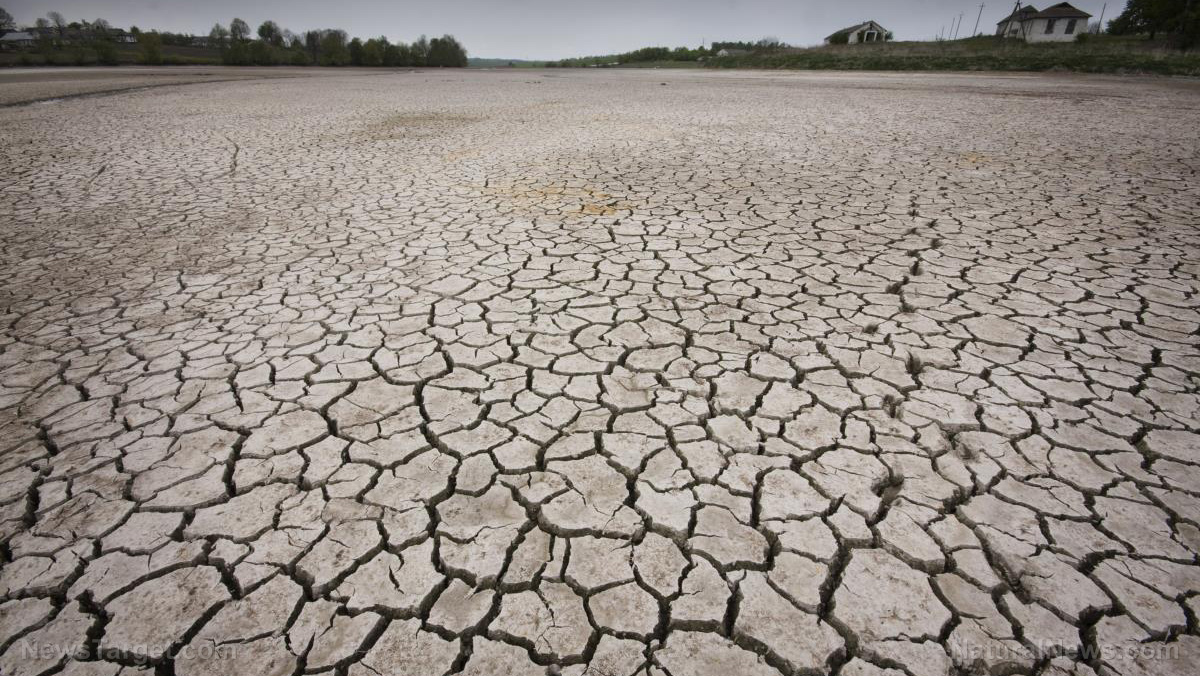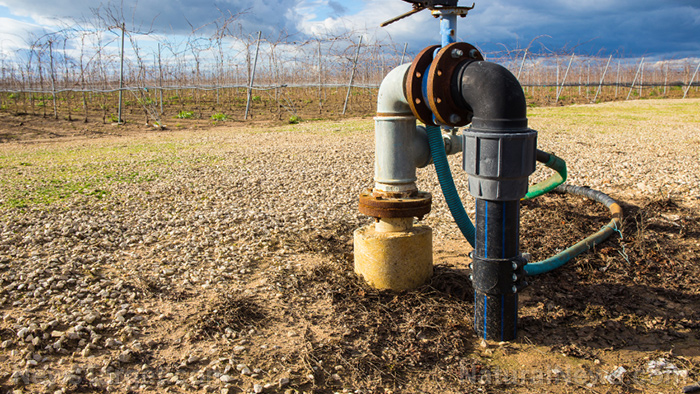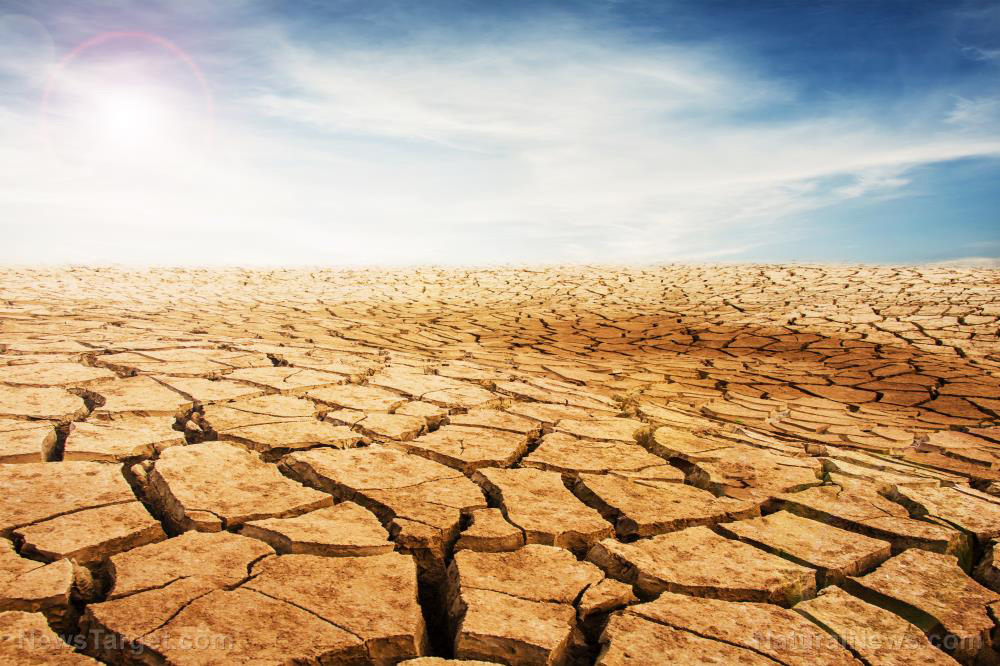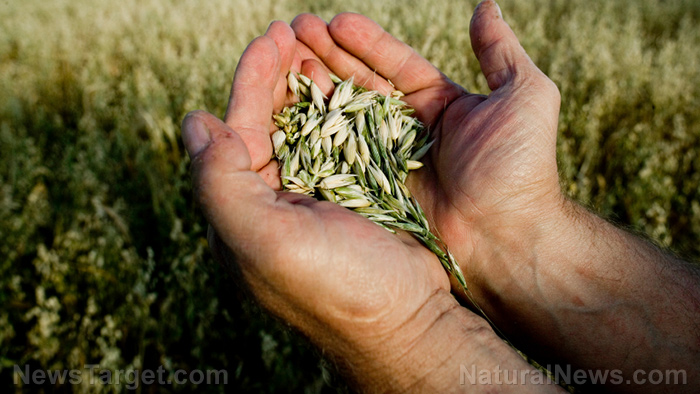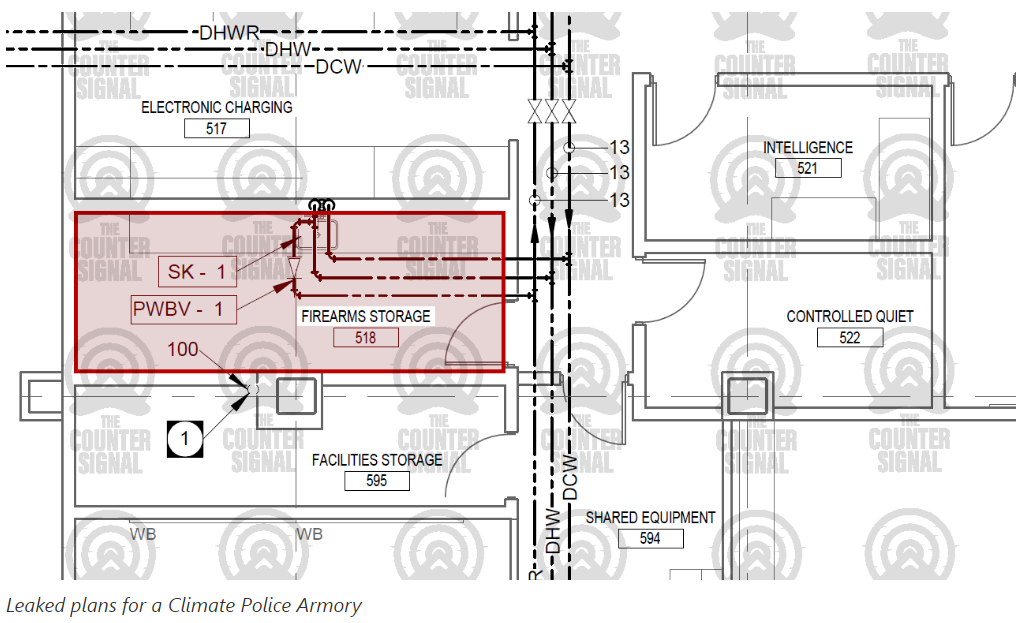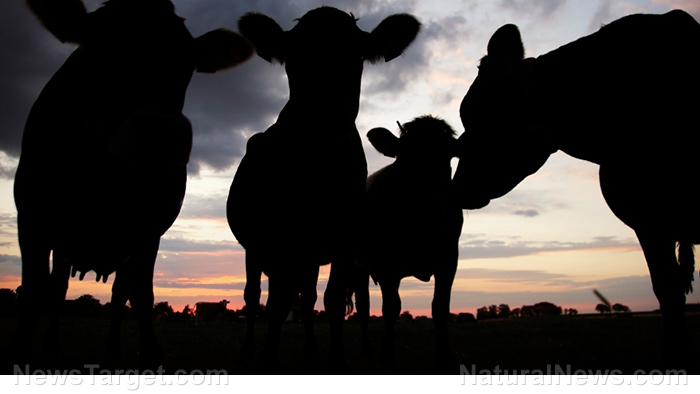First FOOD goes, then the ECONOMY: Radical changes in the agriculture sector compounded by pandemic tyranny responsible for Sri Lanka’s demise
07/08/2022 / By Ethan Huff

Every excuse under the sun is creeping out of the woodwork in an attempt to explain away why the global economy is unraveling. In Sri Lanka, where the economy has basically already collapsed, the latest excuse blames a government plan that sought to clean up the nation’s agriculture system.
Back in 2021, a law was passed banning chemical fertilizers to help cut nitrogen waste and make food in Sri Lanka more organic. We are told that this “overnight shift,” to quote economist Peter Earle, drastically reduced crop yields and is somehow also responsible for widespread fuel shortages that have crippled the country’s economy.
Earlier in the week, Sri Lanka’s prime minister declared that the country has now gone “bankrupt,” supposedly because of government efforts to promote organic farming last year (do they really expect people to believe such nonsense?).
“Our economy has faced a complete collapse,” said Prime Minister Ranil Wickremesinghe.
Plandemic tyranny is what pushed Sri Lanka’s already delicate economic situation over the edge
It turns out that Sri Lanka’s problems go a lot further back than 2021 when it decided to take a positive step towards ridding the country of highly polluting and extremely unhealthy chemical agriculture.
Rewind back to early 2020 and it becomes clear that Sri Lanka’s compliance with the global trend of imposing lockdowns and business closures due to the Wuhan coronavirus (COVID-19) is what really did the country in, pushing it over the edge into economic oblivion.
Sri Lanka is a tourist-driven economy, in part, which was crushed when the world’s globalist overlords decided that everyone needs to stay home in order to “stay safe.” The country lost much of its foreign exchange reserves, which also damaged imports of fuel and other necessities.
This was followed by the chemical fertilizer ban, which appears to have greatly upset the chemical industry, quickly resulting in widespread loss of fuel and civil unrest.
Earle, delivering a canned statement on behalf of Big Chemical and Big Agriculture, claims that chemical agriculture is part of Sri Lanka’s formerly more prosperous crop industry.
“Agriculture is built not just on science, but it’s built on decades and centuries of trial and error and hard-won experience,” he said.
“There’s a certain degree of know-how in markets and in certain areas where the government should defer to the expertise of people in markets, people who are practitioners, rather than letting bureaucrats rule.”
In some ways he might be right. An overnight shift was probably not the best way to go, but was it really the thing that is responsible for Sri Lanka’s current plight? Or perhaps a better way of wording that question might be: Did someone implement that law on purpose, at just the right time, to be the lynchpin in Sri Lanka’s undoing?
All around the world we are now seeing those lynchpins go off, much like the pin being pulled out of a grenade. The stage was set years ago for a total collapse of the global economy, and now the globalists are starting to pull all the pins at once, demonstrating their stranglehold over nearly all aspects of global commerce.
Now they can use Sri Lanka as an example of why organic agriculture, supposedly “doesn’t work,” even though it does work when implemented correctly and with a proper timeline for conversion.
Keep in mind that chemical agriculture is the thing through which Mystery Babylon built up its global empire of control and tyranny. Of course taking it away on a dime will lead to chaos and destruction, which seems to be precisely the intent.
More related news coverage about the implosion of the global economy can be found at Collapse.news.
Sources include:
Submit a correction >>
Tagged Under:
chemical fertilizer, collapse, complete collapse, crisis, economic collapse, economy, fertilizer ban, fuel shortages, fuel supply, global commerce, organic agriculture, Sri Lanka
This article may contain statements that reflect the opinion of the author
RECENT NEWS & ARTICLES
COPYRIGHT © 2022 Famine.News
All content posted on this site is protected under Free Speech. Famine.News is not responsible for content written by contributing authors. The information on this site is provided for educational and entertainment purposes only. It is not intended as a substitute for professional advice of any kind. Famine.News assumes no responsibility for the use or misuse of this material. All trademarks, registered trademarks and service marks mentioned on this site are the property of their respective owners.






